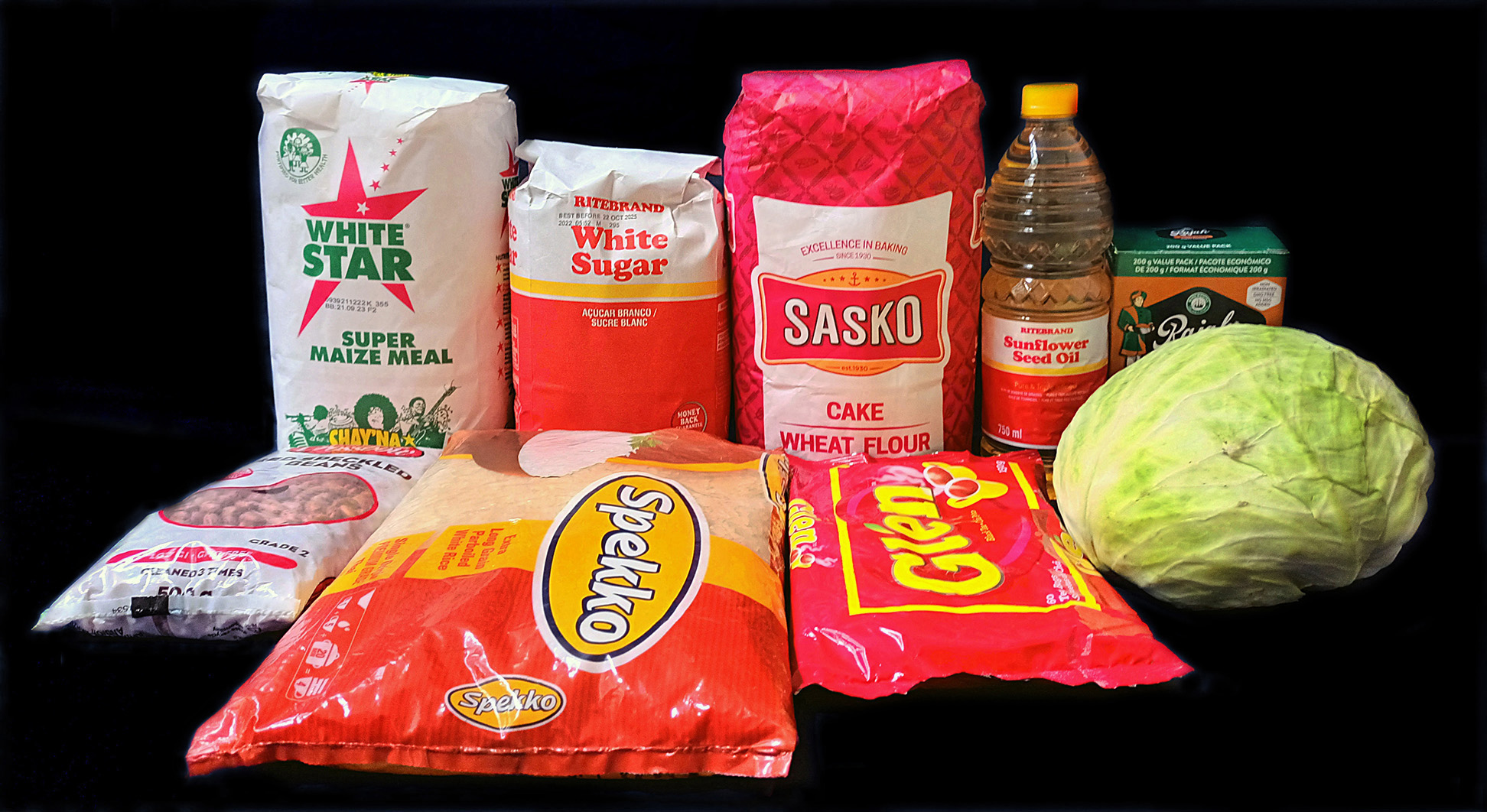In November’s instalment of the Household Affordability Index by the Pietermaritzburg Economic Justice and Dignity Group, data indicates that while the price of vegetables in the household basket is lower, the average price of the basket continues to climb, albeit slowly.
“At a total average cost of R5,361.04, the household food basket is still unaffordable for many, and with the additional volumes required to be bought, and the competition with Christmas clothes and the January school opening, this period will be a hard one for most South African families. At this time, families pray for lower prices at the tills, and shop around feverishly for cheaper prices, sales and bargains,” the report reads
The average cost of the household food basket increased by R12.39 (0.2%), from October 2024, and by R46.40 (0.9%) compared to last year. It would have cost R5,314.63 in November 2023 to buy 44 essential items; a year later and the cooler food inflation barely made a dent in the food basket.
Read more: Food basket rises by R24 while grants increase by R10

Ramaphosa backs extension of VAT-free food basket
On Thursday, 28 November 2024, addressing the National Council of Provinces, President Cyril Ramaphosa echoed the sentiments of researchers, saying while the steep rise in food inflation since the Covid pandemic has eased over the last few months, consumers are yet to feel the effects in their pockets,
He said the VAT-free food basket could be expanded as a relief method for South Africans.
“Food is among the most basic of human needs. Yet, nearly a quarter of households consider their access to food as inadequate or severely inadequate,” Ramaphosa said
“Among the measures to ensure that all South Africans have affordable access to sufficient food, the government is looking at whether the basket of food items that is exempted from VAT could be expanded to include more basic products,” he said.
He said the government planned to eradicate poverty in South Africa through increased agricultural output, spatial planning and building a stronger economy.
Ramaphosa noted that while it is significant that people receive social aid, having about 28 million people receiving grants in South Africa is a sign of an economy that is not fit for purpose.
“The introduction of the SRD [Social Relief of Distress] grant during the Covid-19 pandemic has provided much-needed relief to as many as 11 million unemployed people at its peak. Today, around half of all households in South Africa benefit from social grants.
“Studies have shown that the Child Support Grant has a positive impact on children’s nutrition, health, school attendance and educational outcomes. Although there are some weaknesses in the system, it is impressive that the state provides direct financial support to 28 million beneficiaries every month without fail,” Ramaphosa shared.
Minimum wage
Meanwhile, the General Industries Workers Union of South Africa (Giwusa) submitted its input to the Department of Labour on setting a minimum wage and asked for it to keep up with the living cost.
“The national minimum wage must be radically increased to ensure that all workers live in dignity and that wage inequality in South Africa is addressed. We therefore propose the following: an immediate increase towards a liveable wage of R15,000
“The current minimum wage is insufficient for workers to meet their basic needs. Giwusa calls for the national minimum wage to be increased to R15,000 per month, in line with the recommendations of the Liveable Wage Report. This increase is necessary to ensure that no worker in South Africa has to live below the poverty line, and it will also begin to address the staggering levels of inequality in our country,” the Giwusa document reads
Among other socioeconomic issues President Cyril Ramaphosa acknowledged that economic revival is the ultimate goal so that the 28 million grant recipients can live dignified and sustainable lives.
“We must also recognise that this is not a desirable nor a sustainable situation.While there will always be people who need support – such as the elderly, children and persons with disabilities – our aim must be to steadily move as many social grant recipients as possible into sustainable livelihoods,” Ramaphosa said. DM





